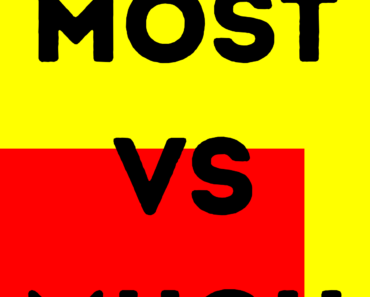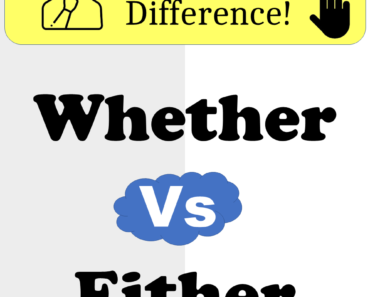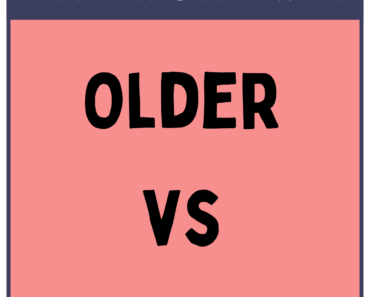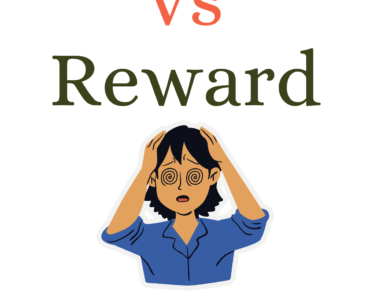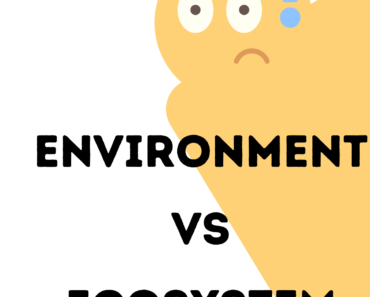Though they may sound similar, “whether” and “rather” have distinct meanings. “Whether” introduces alternatives or expresses doubt about possibilities, often used when discussing options or conditions.
For example, “I don’t know whether to go or stay.” “Rather,” however, signifies preference or a moderate degree, highlighting one option over another or suggesting a preference for something.
For instance, “I’d rather have tea than coffee.” Understanding the distinct contexts where each word is used helps improve clarity in writing and speaking.
Definition and Usage of “Whether”
Definition: “Whether” is a conjunction used to indicate choices or express doubt about possibilities.
Usage:
- Choice Between Alternatives: Example: “She wasn’t sure whether to join the meeting in person or online.”
- Conditional Statements: Example: “He asked whether I would be available next week.”
- Indirect Questions: Example: “Can you tell me whether the store is open?”
Examples for each aspect:
- Choice Between Alternatives: “It’s a tough decision whether to move abroad for work or stay local.”
- Conditional Statements: “I’m not sure whether this is the right time to invest in stocks.”
- Indirect Questions: “Do you know whether the flight has been delayed?”
Definition and Usage of “Rather”
Definition: “Rather” is an adverb that expresses preference or a moderate degree.
Usage:
- Preference: Example: “I’d rather have dessert than skip it.”
- Moderation: Example: “The room was rather small.”
- Correction: Example: “It wasn’t a failure, rather a learning experience.”
Examples for each aspect:
- Preference: “I’d rather stay home than go out in this weather.”
- Moderation: “The movie was rather interesting.”
- Correction: “It’s not a crisis, rather a temporary setback.”


